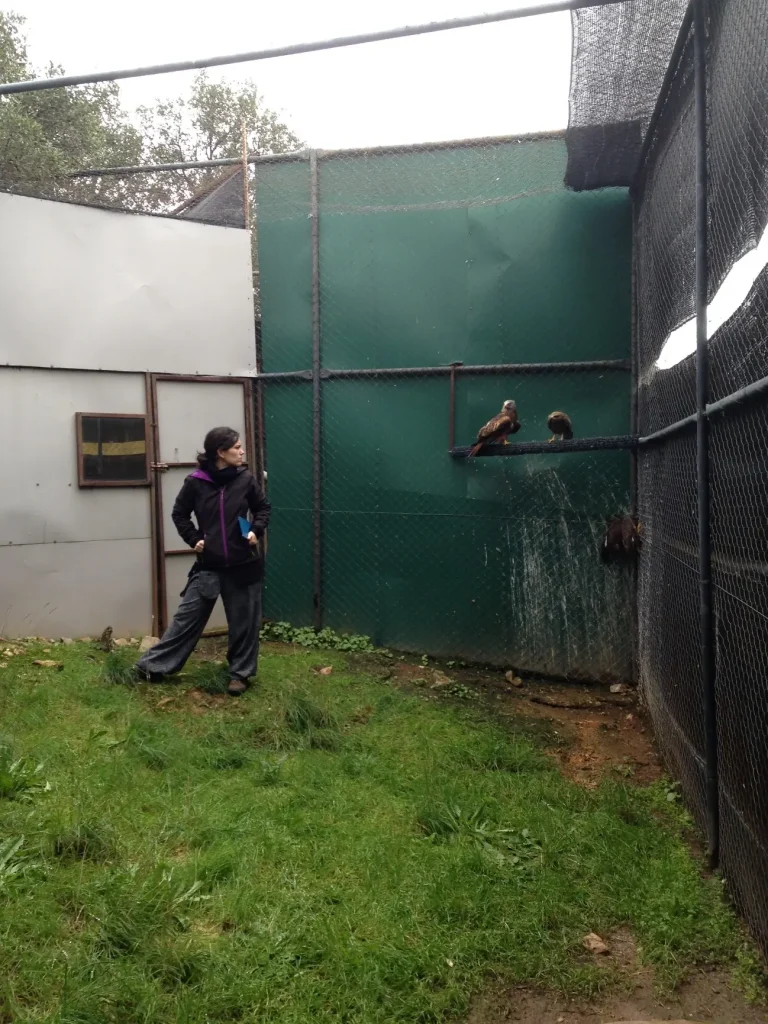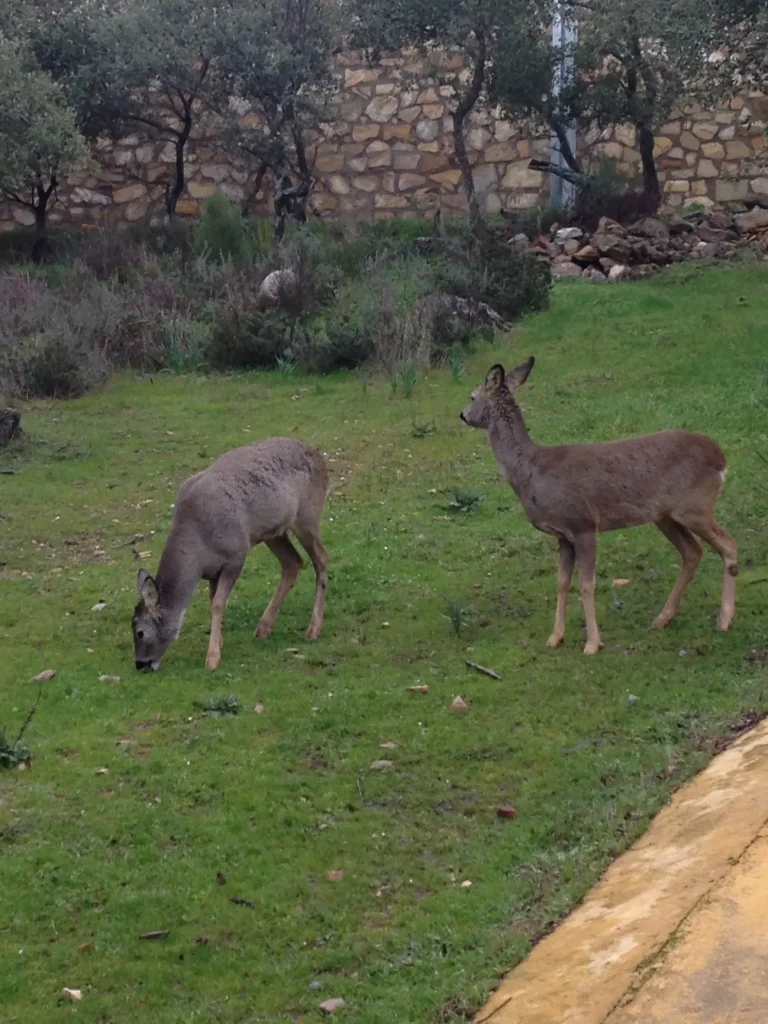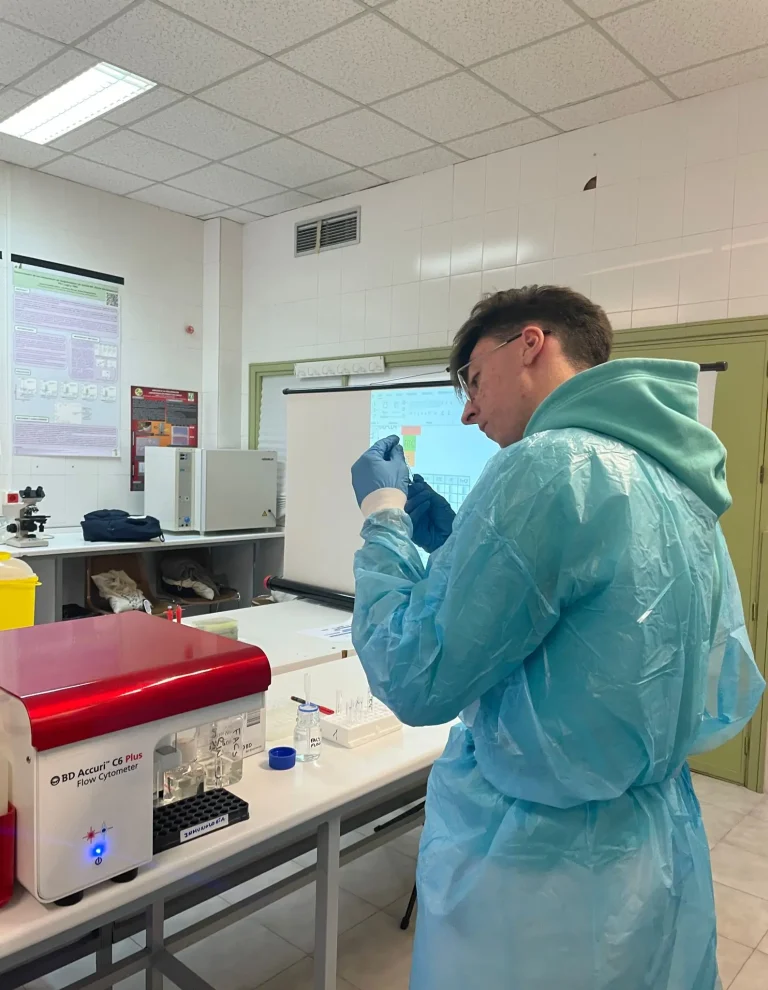Title of the BIP One health and sustainability in wildlife: from basic to clinic | ||
Hosting University University of Extremadura, Faculty of Veterinary – Cáceres (SPAIN) | Virtual Period start: 13th June 2024 | Virtual Period end: 4th July 2024 |
In-presence Period start: 1st July 2024 | In-presence Period end: 5th July 2024 | |
Language of teaching: English B1 | ||
ECTS credits: 5 | ||
Number of participants: 20 | ||
Study level required: Bachelor studies in veterinary sciences and related | ||
Selection criteria: Academic record, and current course enrollment will be taken into account | Contacts: | |
Programme description
The «One Health and Sustainability in Wildlife: From Basic to Clinic» training program is a comprehensive initiative structured over four weeks to equip participants with a deep understanding and practical skills in the intersection of environmental health, wildlife conservation, and veterinary medicine.
Week 1: Foundations of One Health and Wildlife Specifics.
The first week focuses on establishing the foundational principles of One Health and exploring unique aspects of wildlife. Topics covered include immunology, anatomical features specific to wild species not traditionally covered in veterinary degrees, and pharmacology addressing the impact of pollution and pharmaceutical residues on wildlife.
Week 2: Diagnostic Methods in Wildlife Health
The second week delves into diagnostic methodologies, encompassing laboratory analyses, toxicology, and imaging techniques. Emphasis is placed on clinical diagnosis of infectious and parasitic diseases affecting wildlife and the subsequent impact on domestic animal populations. The clinical component covers hematological, biochemical diagnostics, and imaging in wild species.
Week 3: Diagnosis, Treatment, Rehabilitation, and Reintroduction
The third week focuses on the practical aspects of diagnosing, treating, rehabilitating, and reintroducing rescued wildlife in various scenarios (collisions, fires, accidents). Participants learn to develop species-specific protocols and gain theoretical knowledge of primary medical and surgical techniques. The week also includes theoretical foundations for wildlife rehabilitation and reintroduction. It has been also included the novelty reproduction techniques to preserve species.
Week 4: Practical Application in Extremadura
The fourth week unfolds entirely in Extremadura, providing participants with hands-on workshops to apply the theoretical knowledge acquired in preceding weeks. Two field visits are planned: one to the protected natural space of Parque de Monfragüe and the other to the Wildlife Recovery Center of Los Hornos in the province of Cáceres. These visits offer participants practical insights into wildlife conservation efforts and the application of learned techniques in real-world settings. By structuring the program in this manner, participants gain a holistic understanding of One Health principles, wildlife-specific considerations, and hands-on experience through practical workshops and field visits, ensuring a well-rounded education in wildlife health and sustainability.


